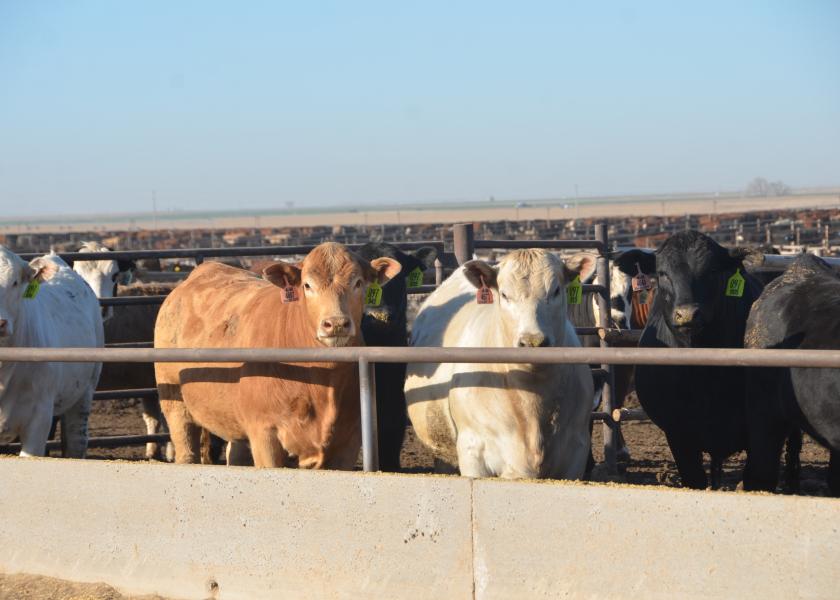Meat Institute: Properly Prepared Beef is Safe to Eat; HPAI is not a Food Safety Threat

After the confirmed discovery of Highly Pathogenic Avian Influenza (HPAI) in dairy cows by the United States Department of Agriculture (USDA), the Meat Institute today said properly prepared beef is safe to eat and is not a food safety risk to humans.
“According to the Centers for Disease Control and Prevention (CDC) and USDA food safety experts, properly prepared beef is safe to eat,” said Meat Institute President and CEO, Julie Anna Potts. “HPAI cannot be transmitted to humans by eating meat or poultry products.
“The Meat Institute and its member companies will continue to be vigilant to aid in the efforts to stop the spread of the disease among animals in food production.
“We will support the nation’s dairy and livestock producers as they work to protect their herds.
“We call on Biden Administration officials to anticipate international trade concerns and encourage our trading partners to abide by internationally recognized scientific standards as determined by the World Organisation for Animal Health (WOAH).”
Background
Dairy cows make-up 6.8 percent of total beef production in the U.S.
The Federal Meat Inspection Act of 1906 and the Poultry Products Inspection Act of 1957, along with the many regulations and policies put in place to implement those Acts, ensure the meat and poultry industry is among the most intensely regulated industries in the nation.
U.S. Department of Agriculture inspectors from the Food Safety and Inspection Service (FSIS) are present every day in meat packing plants and are trained to detect disease both prior to slaughter and after. For more information on the federal oversight of the meat and poultry industry, see the inspection information provided on FSIS’s website.
Meat Institute members have robust food safety programs that incorporate key elements such as employee training, pathogen or indicator organism tracking and analysis, foreign material control and prevention, sanitation and allergen control.
USDA’s Animal and Plant Health Inspection Service (APHIS) has a strong HPAI surveillance program. It tracks detections in mammals in addition to wild bird, commercial and backyard flocks.
APHIS Resources on Biosecurity
FSIS Resources on the Proper Preparation of Beef
FSIS Resources on the Proper Handling of Poultry
CDC Resources on HPAI
About the Meat Institute
The Meat Institute is the United States’ oldest and largest trade association representing packers and processors of beef, pork, lamb, veal, turkey, and processed meat products. Meat Institute members include over 350 meat packing and processing companies, the majority of which have fewer than 100 employees, and account for over 95 percent of the United States’ output of meat and 70 percent of turkey production.
Related:







